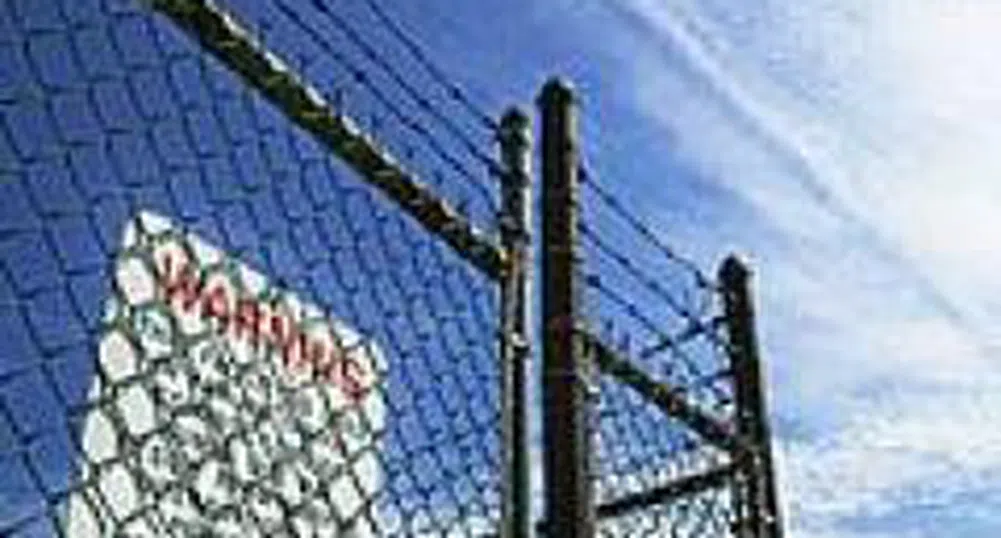EUR 161 Mln to Be Invested in Bulgarian Border Security over Two Years

A total of 161 million euro will be invested in Bulgarian border security in the next two years, Interior Minister Roumen Petkov said Friday. He attended a conference on the country's preparedness to join the Schengen area, BTA reports.
So far, 77 million euro has gone towards border security. Having entered NATO and the EU, Bulgaria's next goal is to join the Schengen area, he said, adding that this a challenging task, given that 2011 has been set as the deadline.
European Affairs Minister Gergana Gruncharova said better cooperation between the institutions was needed, with the added requirement for constant civic control of the process of meeting the criteria. She called for making 2011 an attainable goal. Real integration into the EU involves joining the Schengen area, Gruncharova said, adding that the Bulgarian institutions faced an important task relating to border controls. '
Deputy Foreign Minister Milen Keremedchiev said a standardization procedure was in progress for the Bulgarian consular services which issue visas to non-EU citizens planning to stay in Bulgaria. The consular services are developing capabilities to process biometric data, which is a Schengen requirement. He said the Foreign Ministry will have to house two visa centres: one operating in line with EU requirements and the other implementing the Schengen requirements.
So far, 70,000 visas have been issued to Macedonians and Serbs each, and 197,000 to Russians, Keremedchiev said.
A report on Bulgaria's state of preparedness to join the Schengen area presented at the conference says that in addition to enhancing EU security, the enlargement of the Schengen area is a prerequisite for improving its citizens' life. The process of joining the Schengen area is as complicated as accession to the EU, the report says. However, neither the media nor NGOs are familiar with the former process and its consequences, hence the public is not well informed. The report recommends that in addition to the drafting of legislation, plans and strategies, the next three years should see timely implementation of the commitments made and creation of working mechanisms for civic control.
The report identifies three areas of exceptional importance for the EU: border control, visa policy and migration.
The Bulgarian border police meets all modern requirements and its transformation from a military to a police structure has been accomplished, Border Police Service Director Krassimir Petrov said at the forum.
Petrov added that the modernization of the border police was greatly helped by cooperation between Bulgaria and Germany. "We get the best technical equipment," Petrov said. The coast guard
will be supplied with new vessels, and helicopters will start to be used for aerial observation.
"We are about to introduce the TETRA communication system along the southeastern and southwestern borders, which would allow border police to intervene only in incidents," Petrov said.
Hans Doering, the interior minister's adviser, said the Bulgarian border police had become a modern security structure, which was even better in some respects than its European counterparts. For example, the TETRA system is not used even in Germany.
Doering also mentioned the operation of an integrated card payment system as a success. He believes Bulgaria will meet the deadline and will successfully join the Schengen area.
)
&format=webp)
&format=webp)
&format=webp)
&format=webp)
&format=webp)


&format=webp)